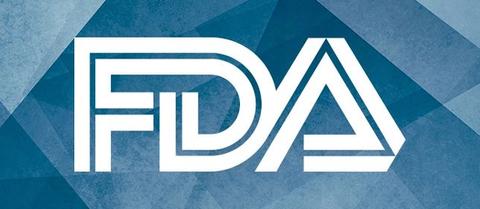FDA Updates Temozolomide Prescribing Information in Brain Cancer
Prescribing information has been updated to include temozolomide as adjuvant treatment for adult patients with newly diagnosed anaplastic astrocytoma or refractory anaplastic astrocytoma.
The updated label now includes the use of temozolomide as adjuvant treatment for adult patients with newly diagnosed anaplastic astrocytoma and for adult patients with refractory anaplastic astrocytoma.

The FDA has approved updated labeling for temozolomide (Temodar) in brain cancer, according to a press release from the organization.1
The updated label now includes the use of temozolomide as adjuvant treatment for adult patients with newly diagnosed anaplastic astrocytoma and for adult patients with refractory anaplastic astrocytoma.
The press release noted that the approved indication for temozolomide in adult patients with newly diagnosed glioblastoma, given concomitantly with radiotherapy and as maintenance therapy, remains the same. Temozolomide was originally approved by the FDA under this indication in March 2005.2 Temozolomide was approved for intravenous use in 1999.3
The label update also includes the dosing regimen for patients with newly diagnosed glioblastoma and refractory anaplastic astrocytoma. For temozolomide given as capsules, there is an increase of exposure risk from opened capsules. Additionally, the patient counseling information section has been revised.
The updated labeling comes under the Project Renewal program with the Oncology Center of Excellence. This program is designed to revise label information for older drugs in the oncology space so that all information is up-to-date and relevant.
References
- FDA approves new and updated indications for temozolomide under Project Renewal. News release. FDA. September 14, 2023. Accessed September 14, 2023. https://bit.ly/3LnH9fS
- Cohen MH, Johnson JR, Pazdur R. Food and Drug Administration Ddug approval summary: temozolomide plus radiation therapy for the treatment of newly diagnosed glioblastoma multiforme. Clin Cancer Res. 2005;11(19 Pt 1):6767-6771. doi:10.1158/1078-0432.CCR-05-0722
- Temozolomide. Prescribing information. Merck; 2023. Accessed September 14, 2023. https://bit.ly/46uUH1p